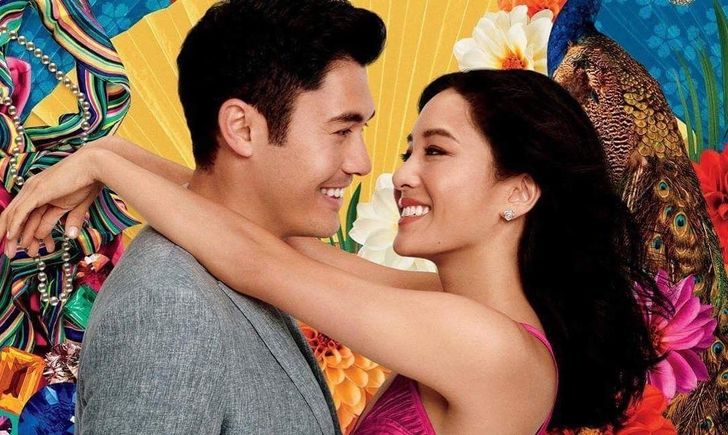Growing up as a Filipino in the United States, it was almost always rare to see Asian actors in Hollywood films and shows. Even when there are Asian characters originally included, Hollywood brushes them off and casts white actors instead, to which Scarlett Johansson can attest. In most cases, these roles would not be appropriately portrayed as the characters would act more American than Asian.
25 has passed years since "The Joy Luck Club," an American film with an all-Asian cast, was released. This month, "Crazy Rich Asians," based on Kevin Kwan's novel of the same title, hits theaters and gives us the Asian representation we have been waiting and demanding for.
As the movie makes a successful debut by earning $34 million since its opening, Asian Americans are embracing this significant milestone.
"'Certainly for Asian American audiences, this is a signal moment for us,'" Jeff Yang, an author and CNN contributor, tells Los Angeles Times.
Gabe Bergado, Teen Vogue contributor, points out "movies or shows were only allotted a singular Asian role as means of 'diversity quota.'" He continues on giving us examples, which include of Brenda Song as London Tipton in "The Suite Life of Zack and Cody" and Charles Melton as Reggie Mantle in "Riverdale." As Bergado explains, these characters are easily distinguished as "the Asian one."
"Crazy Rich Asians" separates itself from the norm by having a full cast of Asians. Washington Post reporter Allyson Chu described it as "an entire movie about Asians without martial arts or stereotypical nerd [but] a film with Asian characters who are more like [us]." Moreover, Ashley Lee, an entertainment reporter, tweeted the movie to be "a pipe dream come true."
The rom-com film hits home for many Asian Americans because the female protagonist, Rachel Chu, is raised in the U.S. by her Chinese immigrant mother. Rachel is seen as an "unrefined banana" by her boyfriend's mother. "Banana" is often used to refer to Asians for adopting American ways as they grow up in the country and supposedly lose their original roots.
The plot appeals to "white-washed" and traditional Asians because both groups are represented. They can relate to the characters and sympathize with them.
For the first time in years, my mom agreed to go to the movies when I told her we would be seeing "Crazy Rich Asians." She is the type to just wait for movies to be On Demand or Netflix, but she had been looking forward to the film since hearing about it last year.
The movie captured my mom's heart right off the bat. I heard constant hysterical laughter as well as sniffles from her as we watched it together. She was so engaged, which it is almost rare unless she is watching a Filipino movie. Her appreciation for how our culture was appropriately depicted was evident through her utter joy after seeing it. I know "Crazy Rich Asians" means a lot to her as much as it does for me and other Asians all over the world.
















